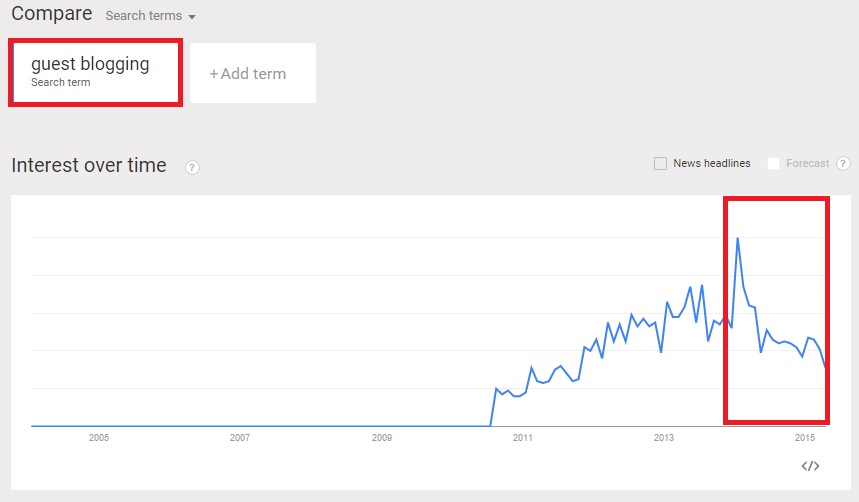How to Create a Domain Name for Your Blog That Drives Traffic
Choosing a domain name for your blog is one of the most important parts of starting your new venture. It’s a simple item, but it can affect your SEO, your branding, and your traffic for better or for worse. When it comes to blogs, there can be a lot more freedom in how creative you are with your domain than with businesses, but many of the same challenges apply.
Before you settle on your domain name, Darren Rowse of ProBlogger.net recommends considering your traffic sources. He names three sources of possible incoming traffic to your blog:
- Loyal Readers – As a new blogger, you probably don’t have any loyal readers yet, but let’s assume that this category also encompasses people who come to your website through typing in the exact URL. Your friends and family fall under this section, as well as any other sources of traffic that aren’t online (like business cards).
- Search Engines – This is where your SEO efforts come into play.
- Referral Traffic – Social media, backlinks, guest posting, RSS feeds, and email newsletters all fall into this category.
It’s important to recognize what your biggest sources of traffic will be. For many lifestyle bloggers, visitors come mainly from social media or loyal readers. For business blogs, search engine traffic will be vital. And all blogs want to foster loyal readers.
While there aren’t any hard and fast rules to picking the ideal domain name, there are a few guidelines that generally help new bloggers:
- Make your domain name the name of your “brand” or blog. It’s hard to go wrong with this concept: making your blog name and domain name the same can eliminate confusion and make your URL easy for visitors to remember. Of course, you might want to consider making your blog name optimal for SEO and gaining traffic if you decide to use it for your domain name as well.
- Use keywords. Putting a relevant keyword from your niche or industry is a great way to gather search traffic.
- Short and easy to remember is the way to go. If your visitors can remember your name and easily type it into their search bar, they’re more likely to return. When it comes to making a memorable domain name, you might decide to sacrifice keyword opportunities for branding ones. “Google” is the best example of this: “Google” is an easy, short, memorable word, though it doesn’t describe its function at all.
- Use your name. Personal bloggers may want to consider using their own name as their domain. It’s easy to remember and it establishes you as the expert. It also has the added bonus of making sure you have control over that domain before someone else snatches it up. However, be warned: using your own name does limit the possibility of adding multiple contributors to your blog in the future.
- Pick “.com” instead of other Top Level Domains. You have the option of picking other URL endings, like “.net” or “.org,” but “.com” is the most common. Other TLDs have different connotations to them, such as businesses or other institutions. And most importantly, your traffic is highly likely to search for “.com” rather than the correct URL – and you don’t want to miss out on any readers.
- Buy up all the other TLDs as well. Yes, “.com” is the best, but if you have “secret” domains, you can direct all traffic to your one blog. This way, competitors and spammers won’t buy up names that are too similar to yours and confuse potential readers.
- Avoid letters that confuse. This means letters that invite misspellings and get your traffic lost, such as duplicate letters or homophones that aren’t clear. You might want to avoid using “kar” instead of “car” or other creative spellings as well.
- Run a few choices by your friends and family first. Having another perspective will alert you to any problems your potential name might have.
Before you get your heart set on a domain name, make sure you search for it and make sure it isn’t already bought or in use. You can search for an active website by typing in the URL, or you can search for a purchased domain name with any domain registrar. Once you’ve decided on your final domain name, you can buy it through a domain registrar and pick your hosting!
Sources:
Rowse, Darren. “Choosing the Domain Name for your Blog.”http://www.problogger.net/archives/2006/02/16/choosing-the-domain-name-for-your-blog/. (25 April 2014).
“Tips and Tools to Pick the Best Domain for Your Blog.” http://www.wpbeginner.com/beginners-guide/tips-and-tools-to-pick-the-best-domain-for-your-blog/. (25 April 2014).

